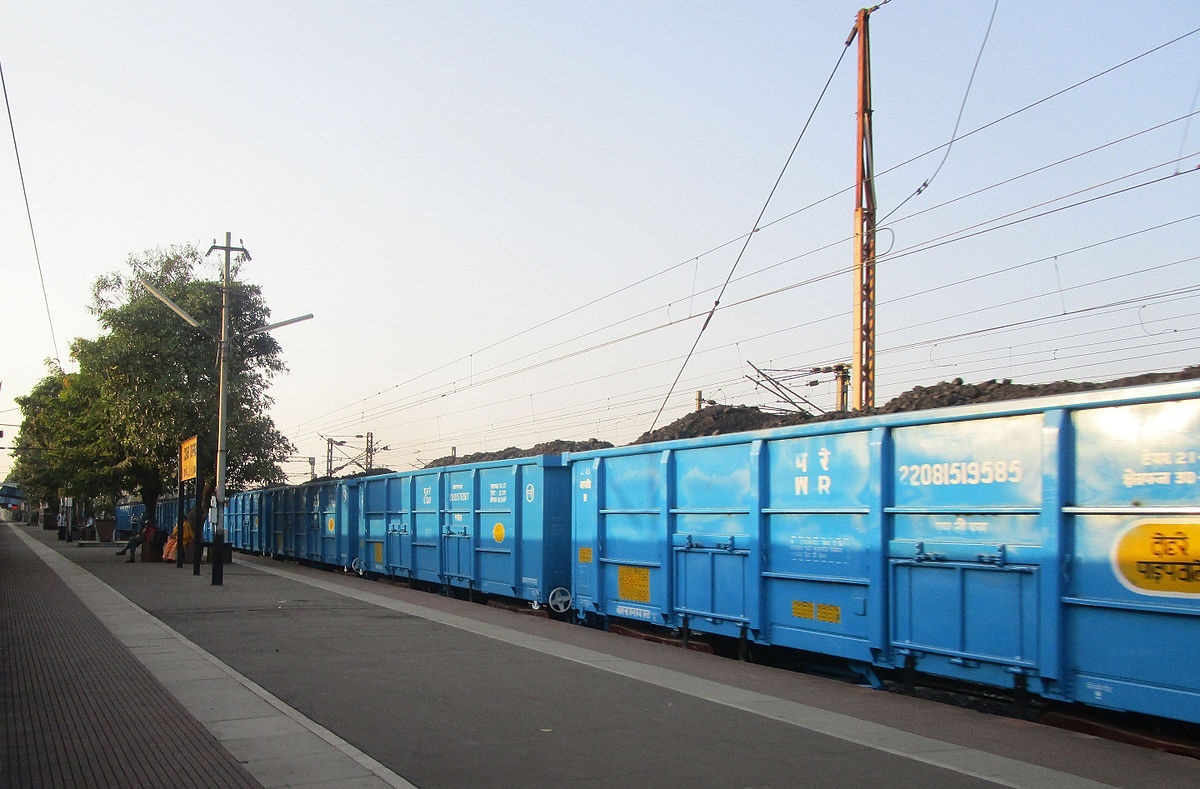
In a double whammy to power consumers, the Indian Railways has revised freight rates for coal between 10-20 per cent after Coal India on Tuesday announced up to 10 per cent increase in the fuel price in keeping with the rising cost.
The simultaneous increase in coal price and its transportation charge could spell trouble for debt-ridden power distribution companies as it could raise the cost of power by up to 30 paisa per unit and translate into higher electricity tariff for consumers. It will also raise fuel cost for steel, cement and power units.
The Railways issued a new freight circular for coal and coke on Tuesday that has raised charges for various distance categories ranging from 10 to 20 per cent.
The rate of increase in freight is higher for higher distances covered. New rates will be applicable from January 15.
The changes in rail freight comes after revision carried out in August last year that raised transportation cost for power plants located 200-700 km away from the mines and a reduction for those situated further away.
As per a railway ministry circular, the current changes in freight for coal and coke would be applicable throughout the year and no busy season surcharge and development charge will be applicable on its transport.
The changes in freight has increased transportation charges for coal up to a distance of 100 kilometres from earlier Rs 179 per tonne for trainload to Rs 198 per tonne now. Similarly, the charges for highest distance category of 3500 km have been revised up to Rs 3815.10 per tonne for trainload from Rs 3174 per tonne earlier. For railways the decision to raise freight tariff for coal, the commodity that accounts for 45 per cent of its receipts from transportation of goods, had become necessary due to consistent fall in growth in earnings.
But the national transporter’s latest move is at divergence with its strategy outlined in the last budget to offer freight rebates to boost volumes and broaden the basket of commodities transported via its network by giving strong competition to the road sector.
While an official with state-run power producer NTPC said that the increase “may not lead to a drastic rise in power generation cost,” private power producers said the new freight rates will warrant a power tariff increase. Sources said that some of the DISCOMs may absorb a portion of this increase on coal and freight cost under political pressure with eight states going to polls soon.
